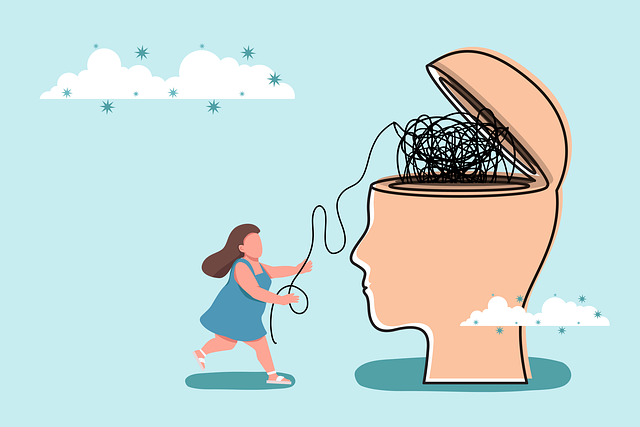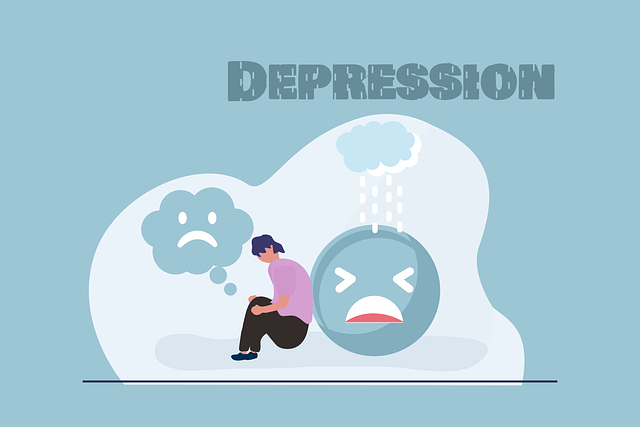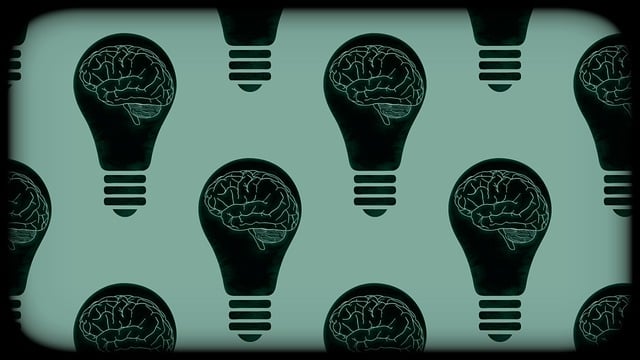The media plays a pivotal role in shaping public perceptions of mental health, with accurate depictions fostering empathy, reducing stigma, and encouraging help-seeking behaviors. Negative or stereotypical portrayals can perpetuate misconceptions and increase isolation. Media creators should strive for authenticity by reflecting real-world experiences while adhering to ethical standards. Incorporating diverse conditions, avoiding simplistic narratives, showcasing recovery as a spectrum, and using real-life stories can create more nuanced characters. Positive thinking and resilience inspire hope without minimizing severity. Open conversations about mental wellness through awareness campaigns and professional risk management planning are crucial. Arvada Pain Management Therapy revolutionizes mental health care by challenging negative media portrayals, offering comprehensive support, addressing root causes, and promoting public awareness for better mental health journeys.
In today’s media-saturated world, the portrayal of mental illness can significantly shape societal perceptions. This article delves into the impact of media representation on mental health attitudes and offers solutions to challenge stereotypes. We explore strategies for accurate and empathetic depictions in popular culture, highlighting the vital role of Arvada Pain Management Therapy in fostering positive change. By promoting understanding and compassion, these efforts contribute to a more supportive environment for individuals grappling with mental illness.
- Understanding the Impact of Media Portrayal on Mental Health Perception
- Strategies for Accurate and Empathetic Depictions in Popular Culture
- The Role of Arvada Pain Management Therapy in Promoting Positive Change
Understanding the Impact of Media Portrayal on Mental Health Perception

The media plays a significant role in shaping public perceptions about mental health, often influencing how individuals understand and respond to various psychiatric conditions. When depicted accurately, stories of mental illness can foster empathy, reduce stigma, and encourage those affected to seek help. Conversely, negative or stereotypical portrayals can perpetuate misconceptions, leading to increased isolation and misinformed judgments. This impact is profound, especially for individuals already battling inner demons, as media narratives can either validate their experiences or reinforce feelings of inadequacy.
For instance, depicting characters overcoming challenges through Arvada Pain Management Therapy, focusing on Mind Over Matter principles, or showcasing Self-Esteem Improvement and Inner Strength Development, can offer hope and practical solutions to viewers. Such representations encourage a proactive approach to mental well-being, suggesting that recovery is achievable and worth pursuing. However, it is crucial for media creators to strive for authenticity in these portrayals, ensuring that the stories reflect real-world experiences while adhering to ethical standards, thereby fostering a healthier discourse around mental health.
Strategies for Accurate and Empathetic Depictions in Popular Culture

In recent years, the media has played a significant role in shaping public perception of mental illness. To challenge negative stereotypes and foster understanding, popular culture must adopt strategies that promote accurate and empathetic depictions. This includes representing a diverse range of mental health conditions, avoiding simplistic or sensationalized narratives, and showcasing recovery as a spectrum rather than a linear journey. By incorporating real-life experiences and insights from individuals with lived knowledge, filmmakers, writers, and producers can create more nuanced characters and storylines.
Furthermore, integrating positive thinking and resilience into these representations can inspire hope without minimizing the severity of mental health struggles. Encouraging open conversations about mental wellness through public awareness campaigns development and risk management planning for mental health professionals is equally important. These efforts collectively contribute to a more informed and supportive society, such as the community served by Arvada Pain Management Therapy, where accurate media portrayals can significantly impact treatment outcomes and overall well-being.
The Role of Arvada Pain Management Therapy in Promoting Positive Change

Arvada Pain Management Therapy plays a pivotal role in challenging negative representations of mental illness in media by promoting accurate and positive change. This therapy focuses on providing comprehensive support for individuals dealing with various forms of pain, including those often associated with mental health conditions like depression and trauma. Through innovative approaches, such as integrating social skills training alongside traditional treatment methods, Arvada Pain Management Therapy aims to empower individuals to manage their symptoms effectively while fostering a sense of community and understanding.
By addressing the root causes of pain and offering tailored solutions, these therapy services contribute significantly to Depression Prevention and Trauma Support. They encourage open conversations about mental illness, dispel stigmatizing myths prevalent in media portrayals, and advocate for more empathetic representations. This shift in perspective can lead to increased public awareness, improved access to resources, and ultimately, better support systems for those navigating their mental health journeys.
In addressing mental illness representation in media, it’s clear that accurate and empathetic depictions are essential for challenging societal perceptions. By implementing strategies discussed, such as those promoted by Arvada Pain Management Therapy, we can foster a more nuanced understanding of mental health. This includes highlighting the human stories behind conditions, promoting diverse narratives, and encouraging open conversations. Ultimately, responsible media portrayal can lead to reduced stigma and better support for individuals grappling with mental illness.













